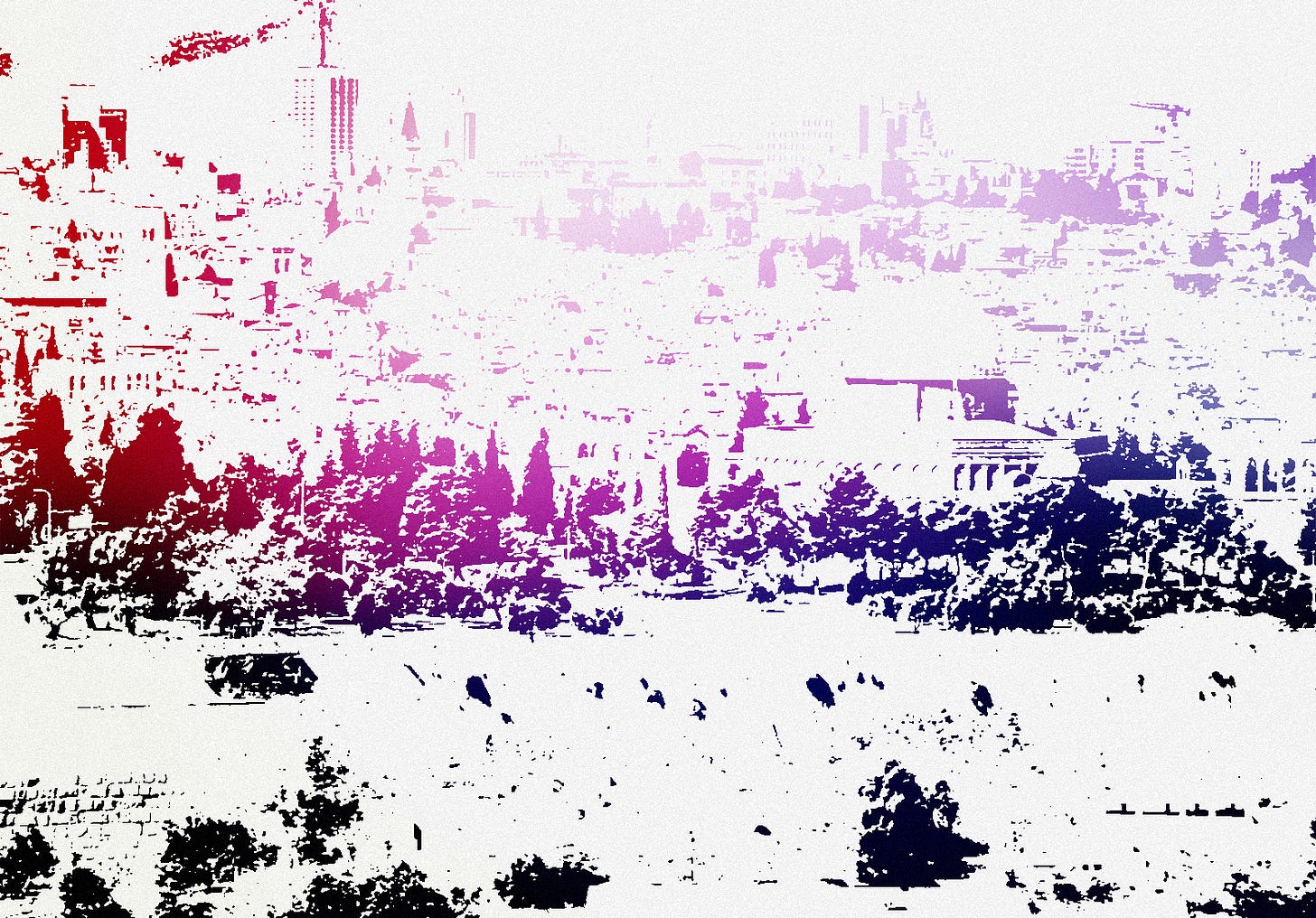To be alive means to play a character in a story. Unless you’re a total non-player-character, you have some agency over where you live, who you hang out with, what you do day-to-day. By changing the scenery, you change the story you’re in. By changing the story, you tweak the dials on the sorts of things that are within your control—and those that are not.
If you want a quiet life, live in a small town with a stable job. If you want a wild life, move to a big city and rent a dingy apartment above a dive bar where punk bands play on weeknights.
Kids who grow up in poor, disadvantaged neighborhoods typically have a hard time escaping poverty. Often the best way out is to make friends with kids who are higher up the socio-economic ladder. That way, the poor kid gets exposed to worlds outside their own. That exposure is an open door to a new kind of story. According to new research on this topic:
Previously, it was clear that some neighborhoods were much better than others at removing barriers to climbing the income ladder, but it wasn’t clear why. The new analysis — the biggest of its kind — found the degree to which the rich and poor were connected explained why a neighborhood’s children did better later in life, more than any other factor.
The effect was profound. The study found that if poor children grew up in neighborhoods where 70 percent of their friends were wealthy — the typical rate of friendship for higher-income children — it would increase their future incomes by 20 percent, on average.
Stories are tied to physical locations. Partly from the infrastructure that gets built (such as the freeways in LA, the casinos in Vegas, or the fast food restaurants in suburban America), but also because of the mythology that grows around specific locations. Some parts of the world have incredibly peaceful mythologies. Others, not so much.
I’m thinking in particular of recent events that have captivated and horrified the world. The invasion of Ukraine by Russia and the brutal massacre of innocent Israeli citizens by Hamas. It’s impossible for me to comprehend how an individual could willingly participate in such hideous events. But I do know it has something to do with the stories that are tied to specific locations on the map.
In Russia, there’s a story that the former USSR should be reunited—a story that has led to hundreds of thousands of casualties during the ongoing Russian invasion of Ukraine. In the Middle East, there’s the story that Israel should be obliterated. Hamas’s version of this story is particularly ominous. According to the Hamas commander, “The entire planet will be under our law; there will be no more Jews or Christian traitors.”
What a terrible vision for the world. And it doesn’t help one bit that Hamas has always placed an emphasis on indoctrinating children, requiring them to “study the enemy” and “know his weaknesses.” While indoctrination of any kind closes doors for future generations, rather than opening them, this sort of indoctrination that emphasizes an “us vs. them” narrative is especially disturbing.
Somehow, at some level, we need better stories to break through and touch areas of the world that are full of conflict. Less religious sectarianism, more secularism. Less nationalism, more cosmopolitanism. Less “study your enemy,” more “live and let live.”
The study about children escaping poverty is instructive. If kids can escape a cycle of poverty by living close to people in a higher socio-economic class, maybe, just maybe, religious sectarians can escape the “us vs. them” mindset by being exposed to more secular humanists. In this respect, it’s hopeful to see at least some indication of a rising number of the non-religious in the Middle East.
Then again, expecting the Middle East to become a haven for secularism is like hoping for Las Vegas to become a destination for temperance, good judgment, and an early bedtime. On the individual level, as a character in your own story, if you want to escape a life of gambling and late-night partying, sometimes you just have to get the hell out of Vegas. And if you want to escape religious or sectarian violence, you may just have to escape the Middle East.
This is why countries should always open their borders to those seeking refuge from violence. Let people who want peace and a better life go out and find it, and keep spreading it. Let the overarching narrative running through as many individual stories as possible be one of human flourishing.




